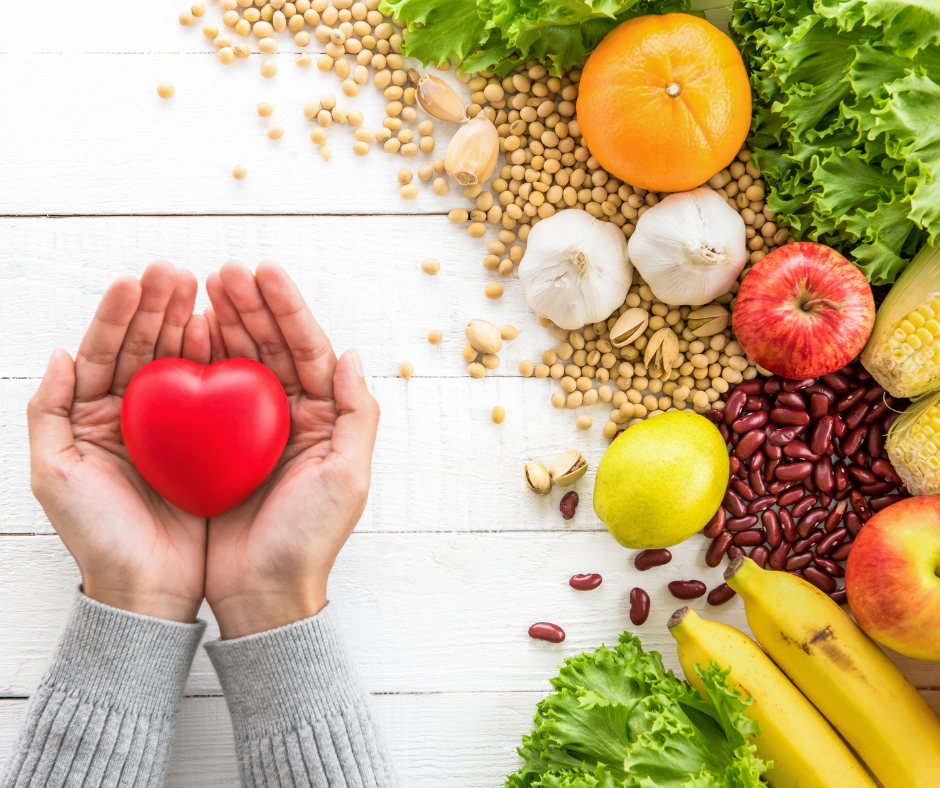Cholesterol is a substance found in blood. Your body needs a certain amount of cholesterol for healthy cells, but too much cholesterol can increase your risk of heart disease. High cholesterol causes fatty deposits in your arteries. Over time, these deposits grow, making it difficult for enough blood to flow through your arteries.
Sometimes, those deposits can break suddenly and form a clot that causes a heart attack or stroke.
A cholesterol test, also called a lipid panel, is usually done at your doctor’s office as part of your routine physical labs. A lipid panel measures your total cholesterol, LDL (or bad) cholesterol, HDL (or good) cholesterol, and triglycerides (which is a type of fat in the bloodstream). Ideally, you want your LDL less than 100, your HDL greater than 40 in men and 50 in women, and your triglycerides below 150.
Having high cholesterol can be genetic where it is hereditary. But it is often due to a poor lifestyle. Things that contribute to a high cholesterol level include a diet high in saturated and trans-fats, lack of exercise, obesity, diabetes, and smoking. And of course, two of the most serious complications of high cholesterol are heart attack and stroke.
So, let’s talk about prevention.
- First, cut down on saturated fats. Saturated fats, found primarily in red meat and full-fat dairy products, can raise your bad cholesterol. Also, eliminate trans fats. Trans fats, sometimes listed on food labels as “partially hydrogenated vegetable oil,” are frequently used in margarines, baked goods, crackers and cakes. Trans fats increase bad cholesterol levels as well. In fact, the FDA has banned the use of partially hydrogenated vegetable oils.
- Make sure to eat foods high in omega-3 fatty acids. Omega-3 fatty acids help to raise good cholesterol, which has a protective effect on the heart. They have other heart-healthy benefits, like reducing blood pressure. Foods with omega-3 fatty acids include fish like salmon, mackerel, herring, and nuts and seeds such as walnuts and flaxseeds. Also, include good fats from avocados and olive oil.
- Get some exercise. In fact, aim for about 150 minutes of exercising weekly, to include strength training and cardio. Make sure the exercise is moderate to high intensity.
- Eat foods that are rich in fiber, such as vegetables, whole grains, beans, and legumes. Aim for 25-30 grams of fiber per day.
- Make use of spices. In fact, spices like garlic, turmeric, ginger, and cinnamon do have been shown to improve cholesterol. Numerous studies have found that garlic can lower blood lipid levels, particularly total and LDL cholesterol.
When done constantly, these lifestyle changes can adequately control your cholesterol levels. But keep in mind that if lifestyle changes don’t lower cholesterol levels, your doctor may recommend a medication to help lower your cholesterol. This is often the case when there is a greater genetic component to high cholesterol. So even though you may end up taking medication to help manage your cholesterol, it is still important to continue the lifestyle modifications.
At Physicians Premier Weight Loss and Wellness, my team and I are passionate about helping our patients integrate easier ways to improve their health. As a board-certified Obesity Medicine Specialist, I am especially equipped to help people lose weight and improve their underlying health problems. I also work with your primary care physician and any specialists for ease of coordinated care that focuses on you and your particular situation. If you would like to learn more about our comprehensive weight loss program, please give us a call at (703) 783-5673.





